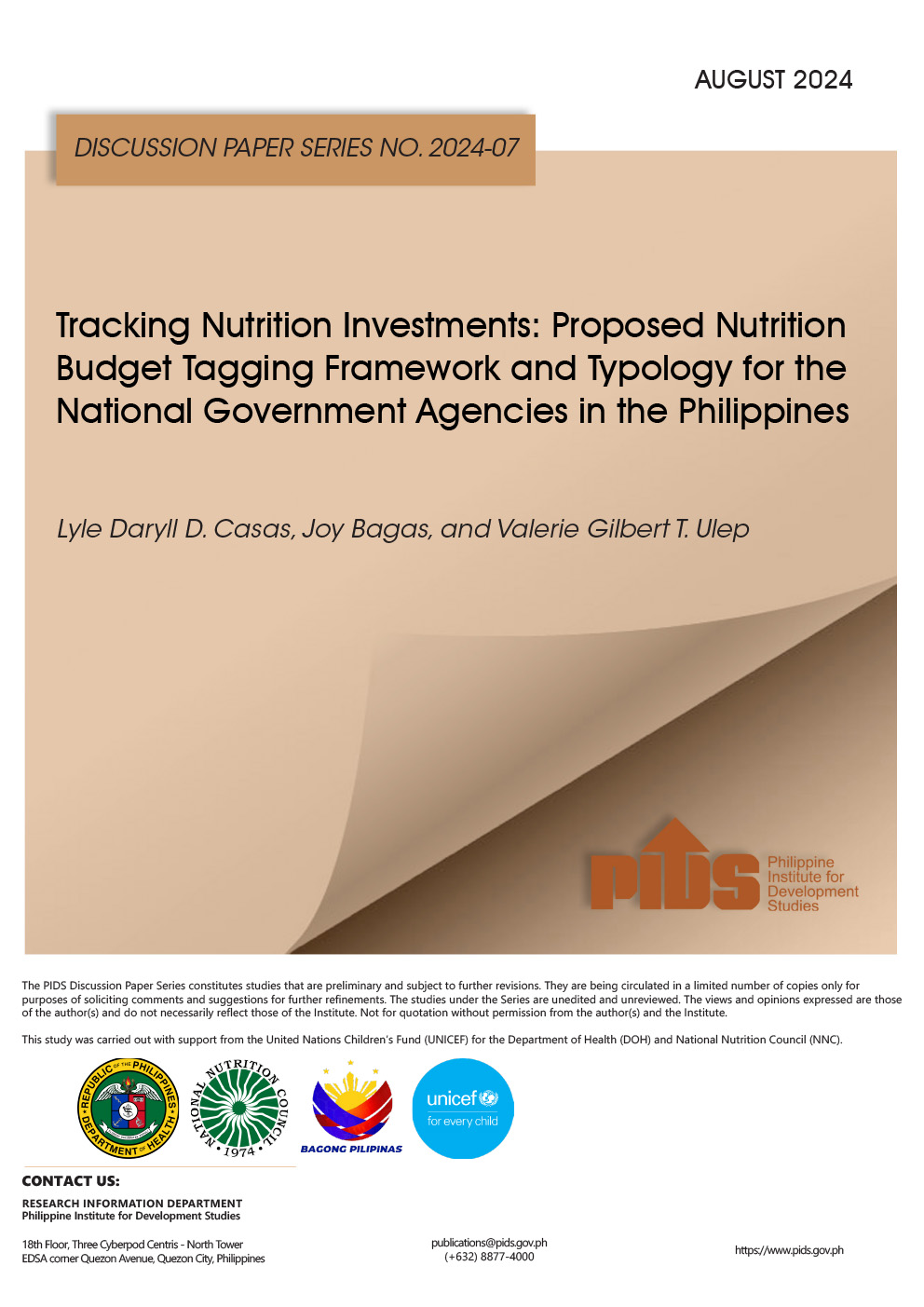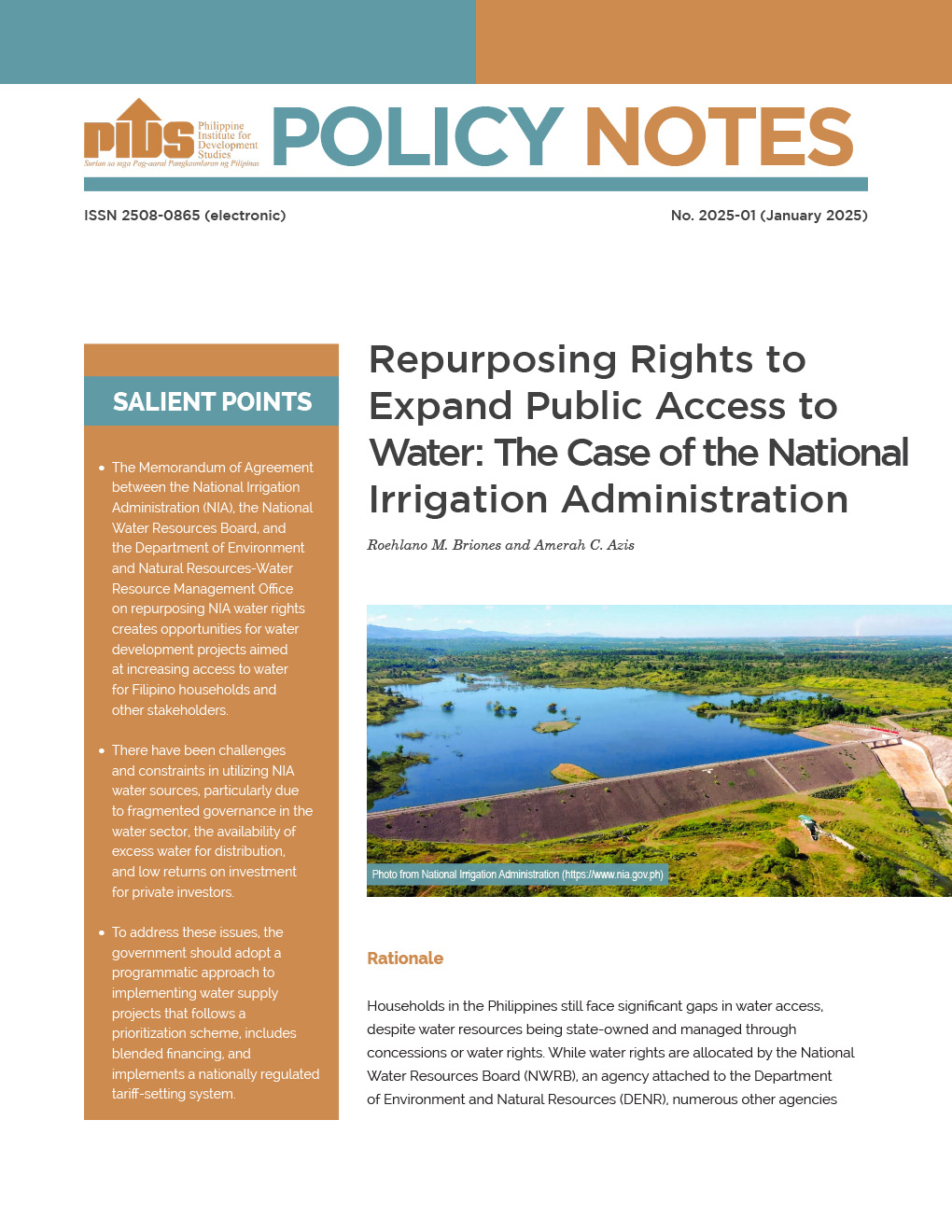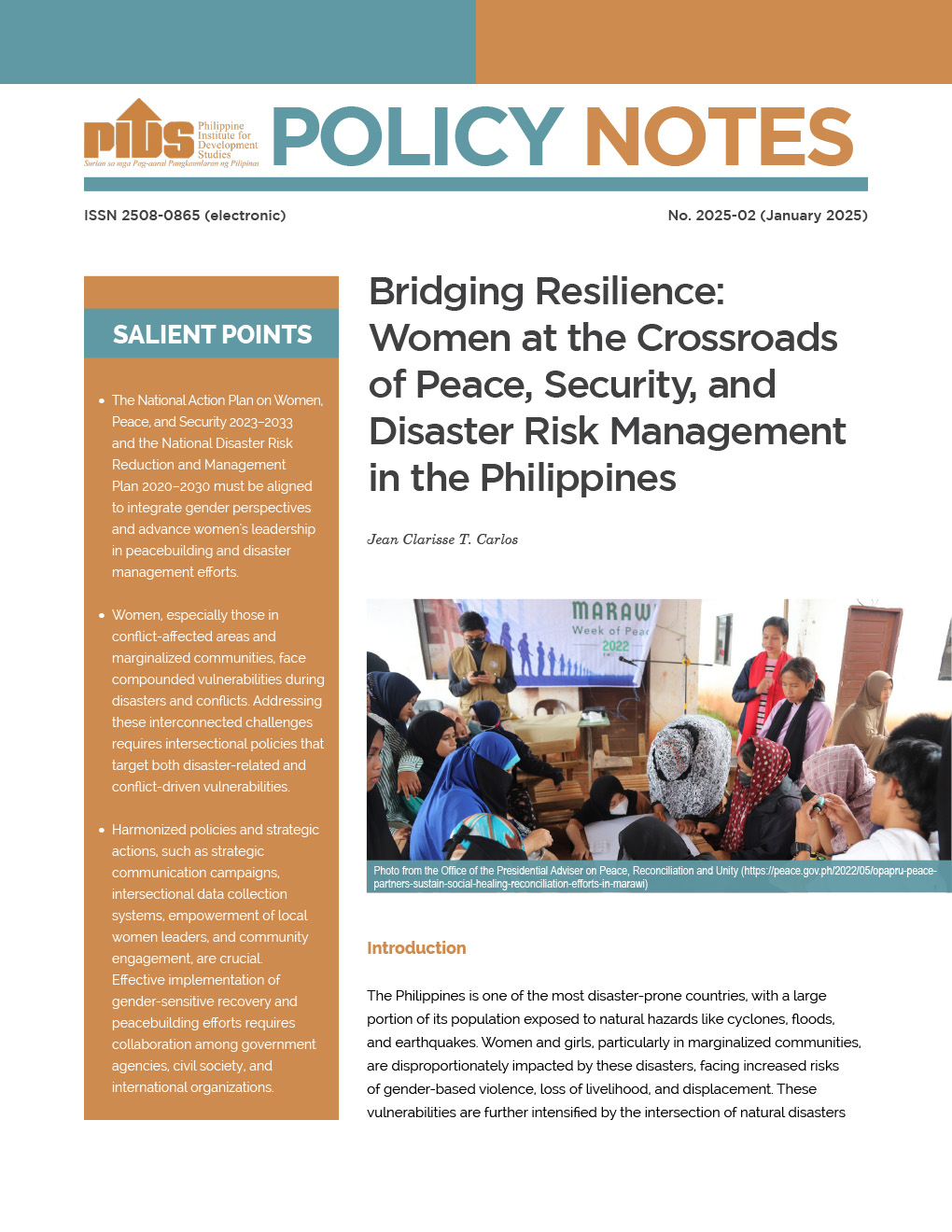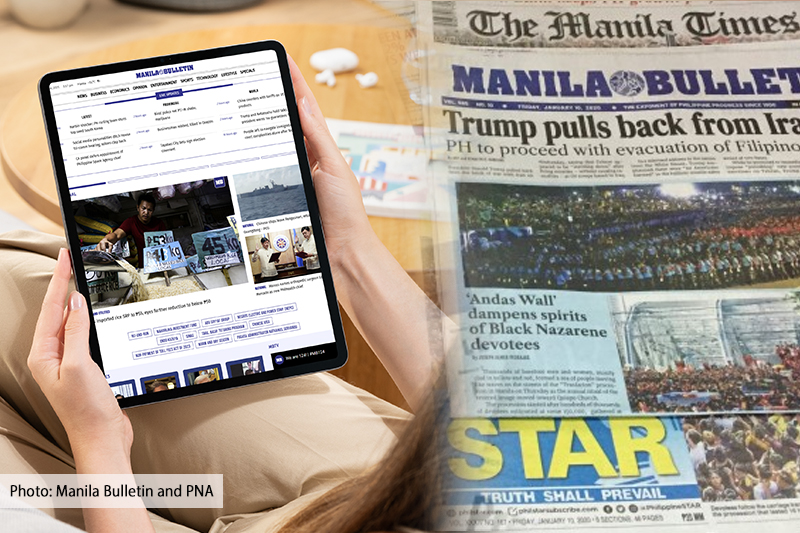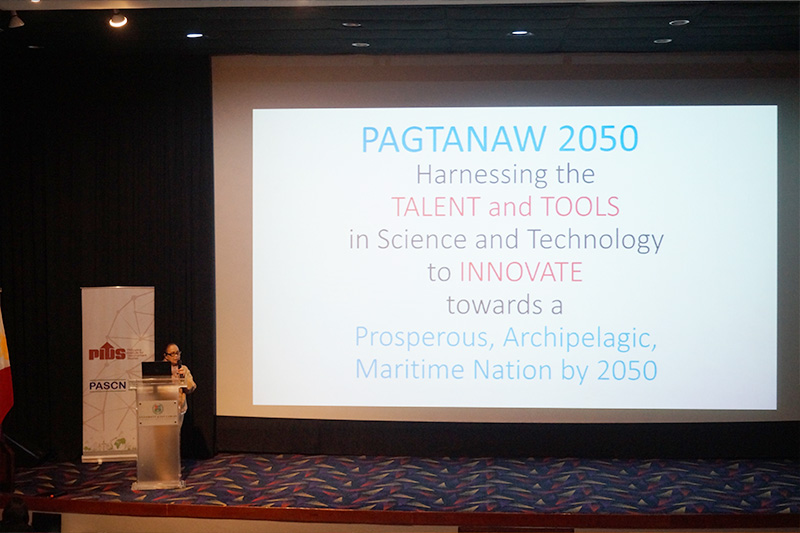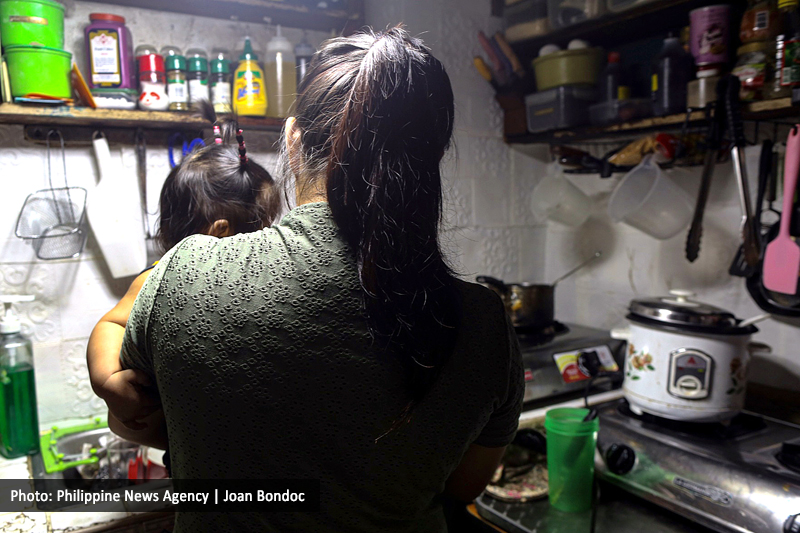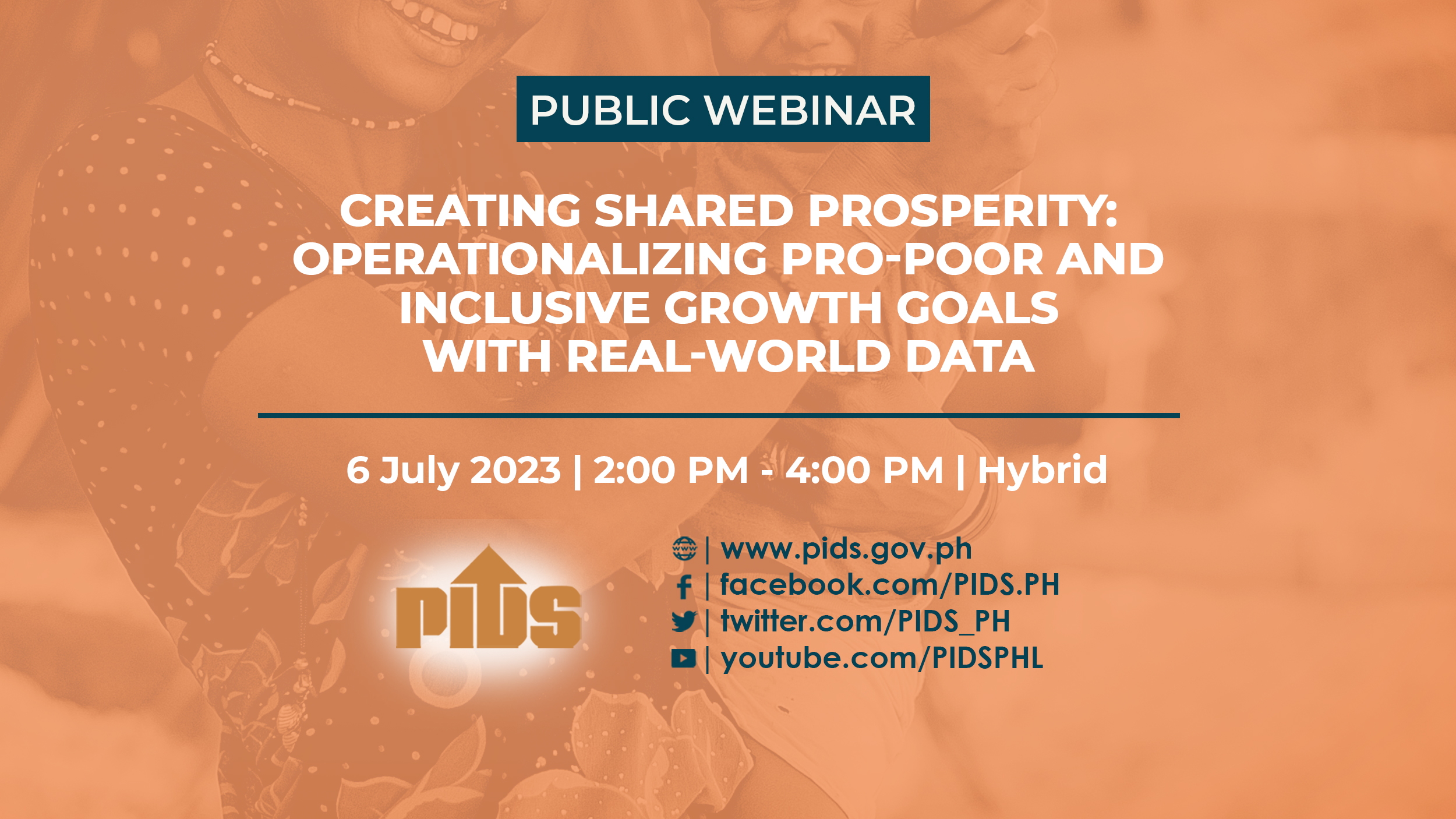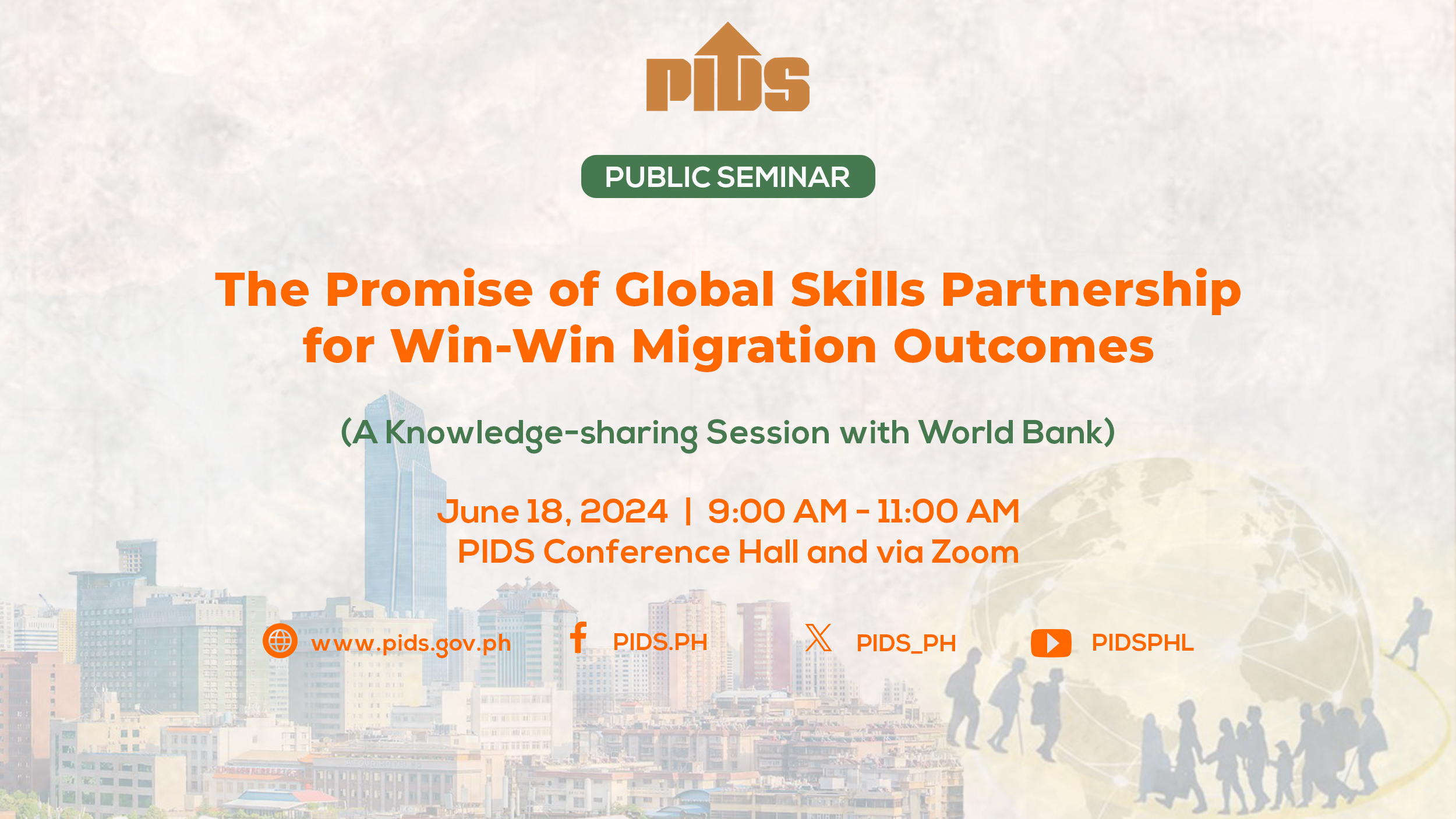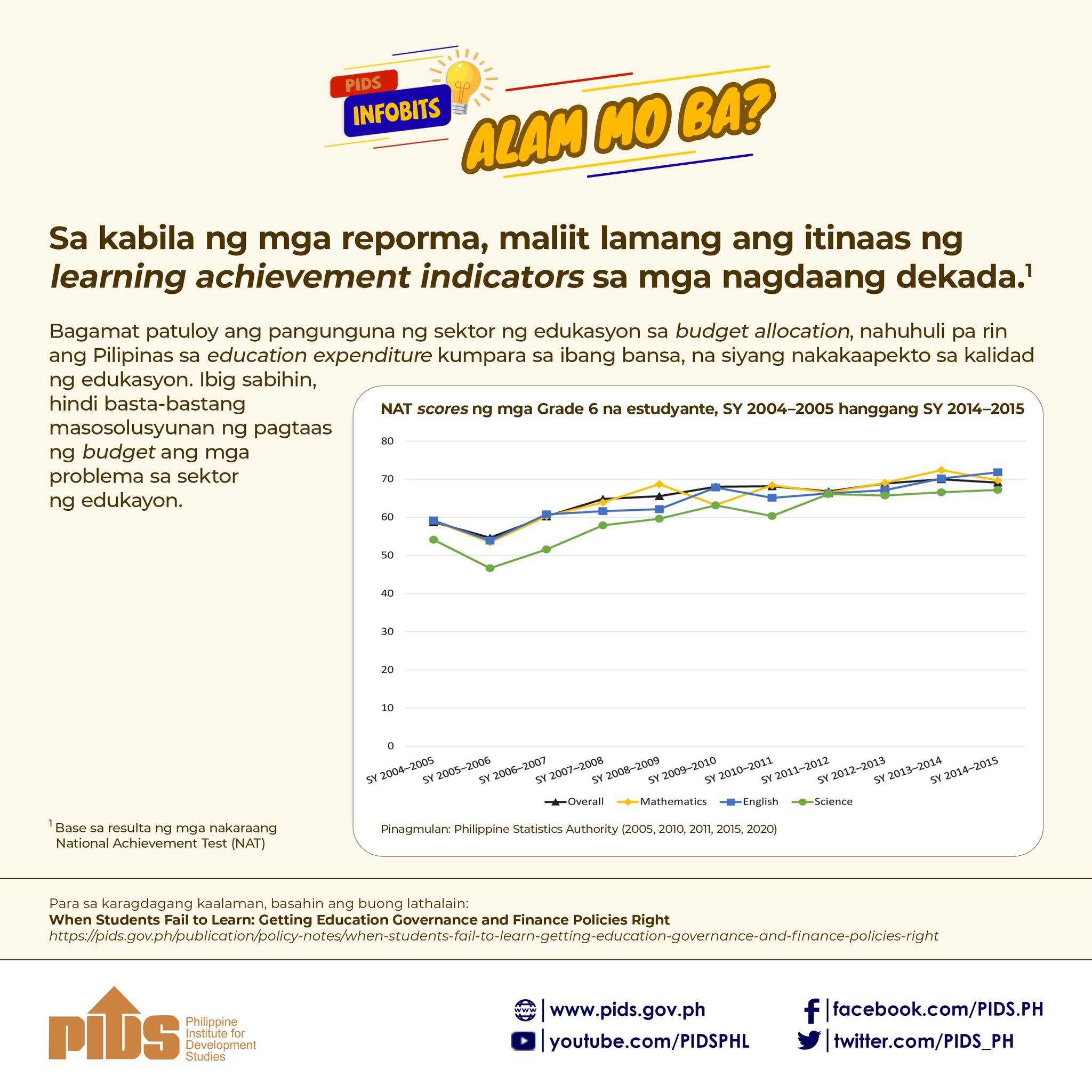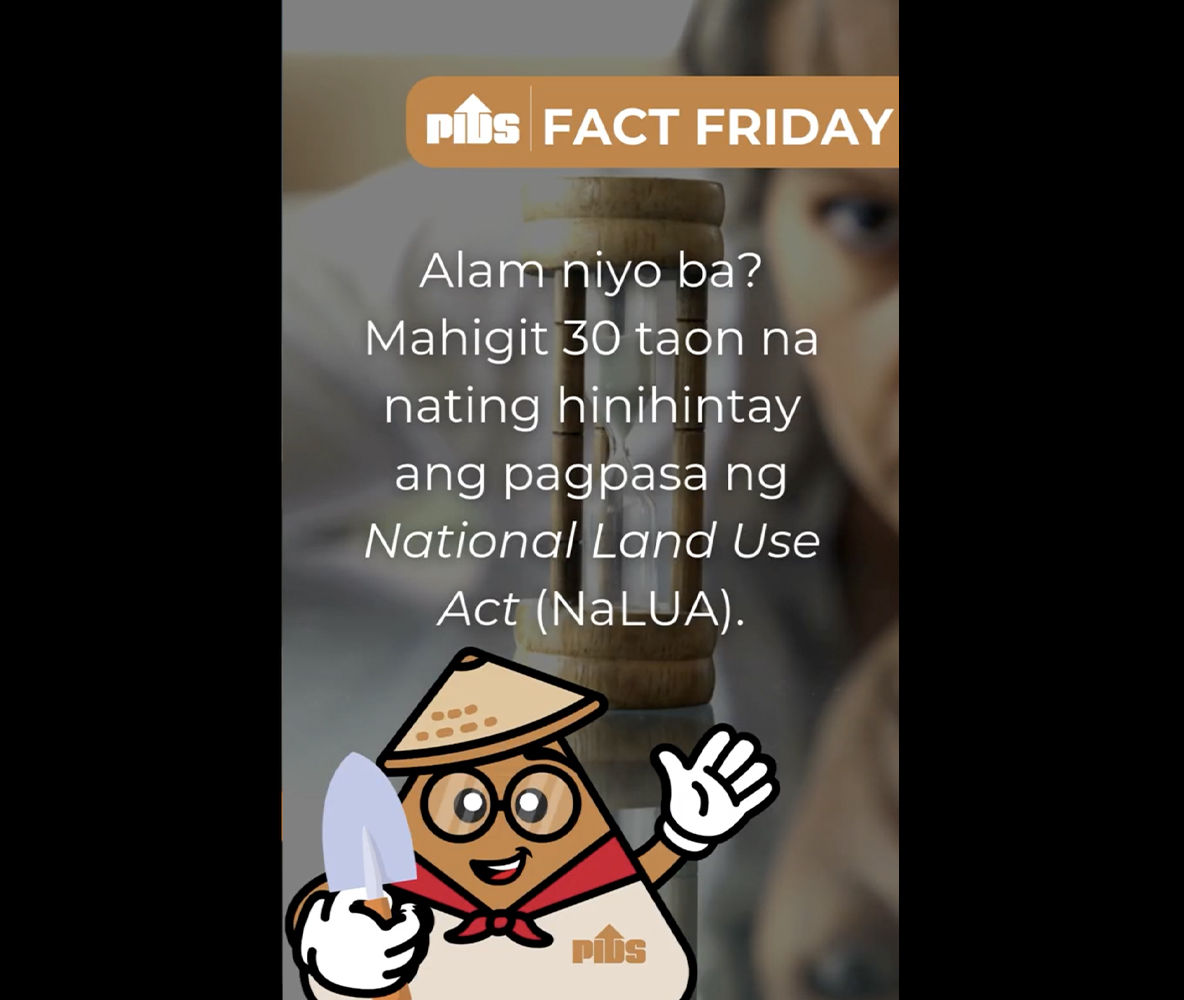MANILA, Philippines — The government is urged to expedite the rollout of the Philippine Identification System (PhilSys) as its use is seen to improve the government’s delivery of social assistance.
Yoonyoung Cho, senior economist at the Social Protection and Jobs Global Practice at the World Bank, said that the PhilSys holds the key to many of the institutions’ recommendations for the better implementation of government’s social assistance programs.
“I am aware that many people are waiting for the Phil-ID card but in fact, more than the card itself, the PhilSys number that contains key information is most important. The Philippine Statistics Authority should be expediting the use of mobile ID or QR codes without the physical card,” she said during a webinar organized by the Philippine Institute for Development Studies.
When the PhilSys is adopted by social assistance programs and processes, Cho said it can help clean up and establish the database for better targeting of beneficiaries in times of crisis.
Cho said countries with a national ID registry and digital mechanisms were able to quickly deliver assistance during the pandemic.
In the Philippines, she said there was no immediate mechanism to identify and verify vulnerable households when the pandemic hit the country as the national ID or PhilSys was not operational yet.
This lack of a beneficiary database delayed the implementation of the government’s COVID-19 social amelioration program.
With the country exposed to shocks and disasters, she said it is important for government response to be swift and fair.
According to Cho, targeting the poorest and most vulnerable households in social assistance programs is necessary given the government’s limited resources.
“Prioritizing those in greatest need enhances fiscal efficiency, meaning greater impact for peso spent,” she said.
Apart from having a beneficiary database, she recommends a shift to targeted cash transfers from distribution of food packs during a crisis.
She said the distribution of food packs without much targeting which became prevalent in the country during the pandemic, is quite inefficient.
In its report titled “COVID-19 and Social Assistance in the Philippines: Lessons for Future Resilience,” the World Bank said international evidence shows that cash is far less expensive, easily delivered, more transparent and better targeted, especially if used with enhanced targeting and payment mechanisms.
For cash transfers, Cho recommended using multiple financial service providers for digital payments to enable greater access and convenience for beneficiaries.
She also said the delivery of social assistance can be improved by using digital tools.
“This does not mean that poor beneficiaries have to become internet experts. Rather, wherever feasible, the implementers use digital tools and platforms for swifter response,” Co added.
In addition, she recommended the streamlining the process for contingency financing mechanisms for the country to be better prepared in responding to disasters.
“All of these will improve the efficiency and free up the resources and reduce the hassles from paperwork, enhance adaptiveness of social assistance response which will strengthen the program’s impact and improve citizens’ well-being,” she said.

